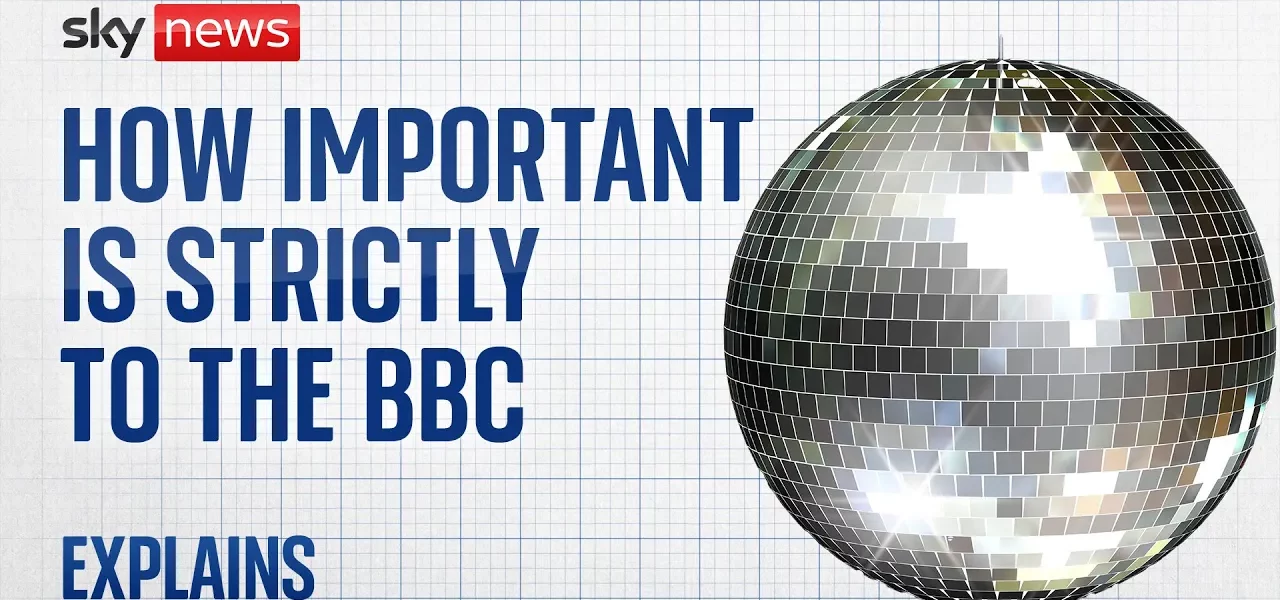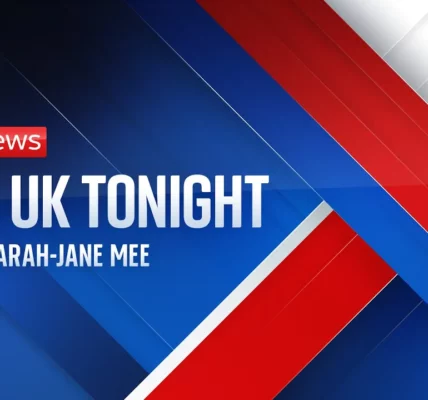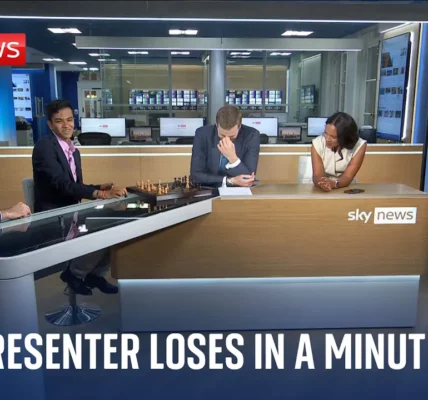Strictly Come Dancing: A Celebration and Controversy

Strictly Come Dancing is not just a show; it’s a cultural phenomenon that has captured the hearts of millions. Celebrated for its dazzling performances and star-studded casts, it has also found itself embroiled in controversies that have raised questions about the treatment of participants. In this article, we delve into the history, success, and ongoing issues surrounding this iconic BBC program.
Introduction to Strictly Come Dancing
Emerging from a post-war Britain that craved entertainment, Strictly Come Dancing has evolved significantly since its inception. Originally a show known as Come Dancing, it focused on amateur ballroom dancing competitions, providing a platform for dancers across the UK. Since its revival in 2004, Strictly has transformed into a Saturday night staple for families, boasting a mix of celebrity glamour, competitive spirit, and a touch of drama that keeps audiences returning week after week.
The Rise of Strictly Come Dancing
Strictly Come Dancing has become one of the BBC’s flagship programs, winning numerous awards and attracting millions of viewers. Here’s a closer look at its journey:
Origins and Evolution
Strictly’s roots can be traced back to the 1950s with the original Come Dancing show. As the UK recovered from World War II, the nation sought entertainment that could uplift spirits. The format was simple, featuring amateur dancers competing for titles, with no celebrities or professionals involved.
Rebirth in 2004
The modern version of the show premiered in 2004, and its success was immediate. The combination of celebrities, professional dancers, and engaging judges created a unique viewing experience. The show became renowned for:
- Celebrity participation that attracts diverse audiences.
- Larger-than-life judges who add personality and drama.
- Behind-the-scenes drama that captivates viewers.
Viewer Reception and Ratings
Strictly has consistently drawn large audiences, with its 2016 series recording a peak of 13 million viewers. The annual Christmas specials also enjoy high ratings, showcasing the show’s enduring popularity. Its ability to compete with other major shows like The X Factor and Britain’s Got Talent underscores its significance in British television.
Controversies Surrounding the Show
Despite its popularity, Strictly Come Dancing has faced significant controversies that have raised concerns about the treatment of its participants. Key issues include:
Allegations of Misconduct
Recent allegations against notable figures in the show have created a cloud of controversy:
- Gratiano Di Prima’s departure following claims of inappropriate behavior during rehearsals.
- Giovanni Pernice’s exit after complaints from actress Amanda Abbington.
The BBC has since implemented new measures, including the presence of chaperones during rehearsals, to ensure a safe environment for all participants.
Pressure and Environment
Former contestants have described the atmosphere of the show as intensely competitive, leading to immense pressure. This environment can sometimes result in feelings of inadequacy and stress among the contestants, which raises questions about the support systems in place for them.
BBC’s Response and Broader Impact
As the BBC navigates these controversies, it faces scrutiny not just for Strictly but for its broader handling of allegations across various shows. Historical cases include:
- The dismissal of Jeremy Clarkson from Top Gear after a physical altercation with a producer.
- Newsreader Hugh Edwards’s resignation following allegations of inappropriate payments.
- The 2007 Blue Peter scandal involving rigged competitions.
These incidents highlight the need for the BBC to maintain its reputation and ensure the safety and well-being of all participants across its programs.
Conclusion
Strictly Come Dancing has undoubtedly made a significant impact on British television, but its journey has not been without challenges. As the show celebrates its 20th anniversary amidst scrutiny, it is crucial for the BBC to address these controversies transparently while continuing to deliver the entertainment that audiences love. For those interested in the dynamics of television production and participant welfare, it is vital to keep a close eye on how these issues are handled in the future.
For more insights into the world of reality television and its evolving landscape, be sure to check out our related articles on television controversies and the impact of reality TV on modern entertainment.
“`




